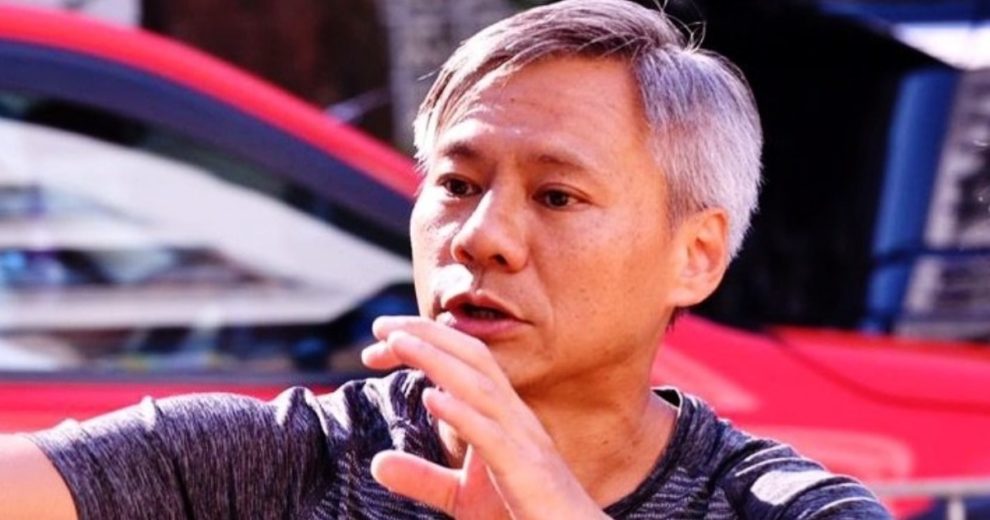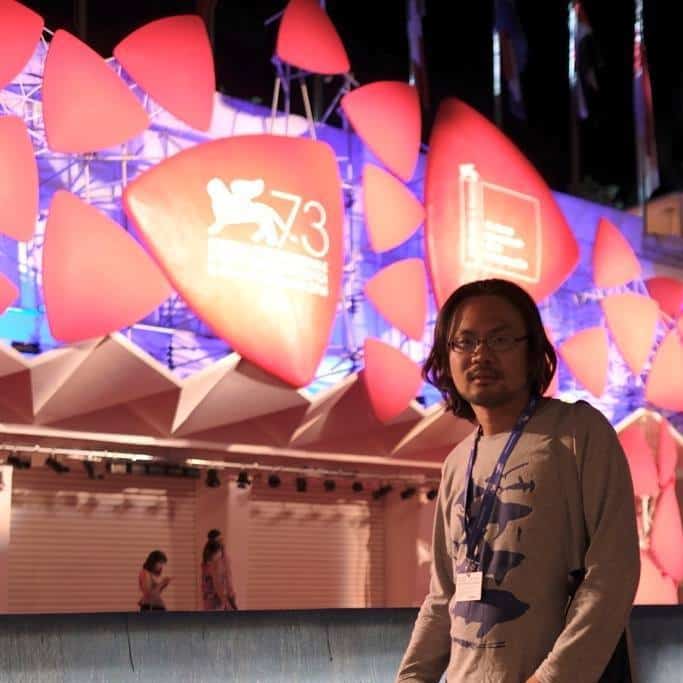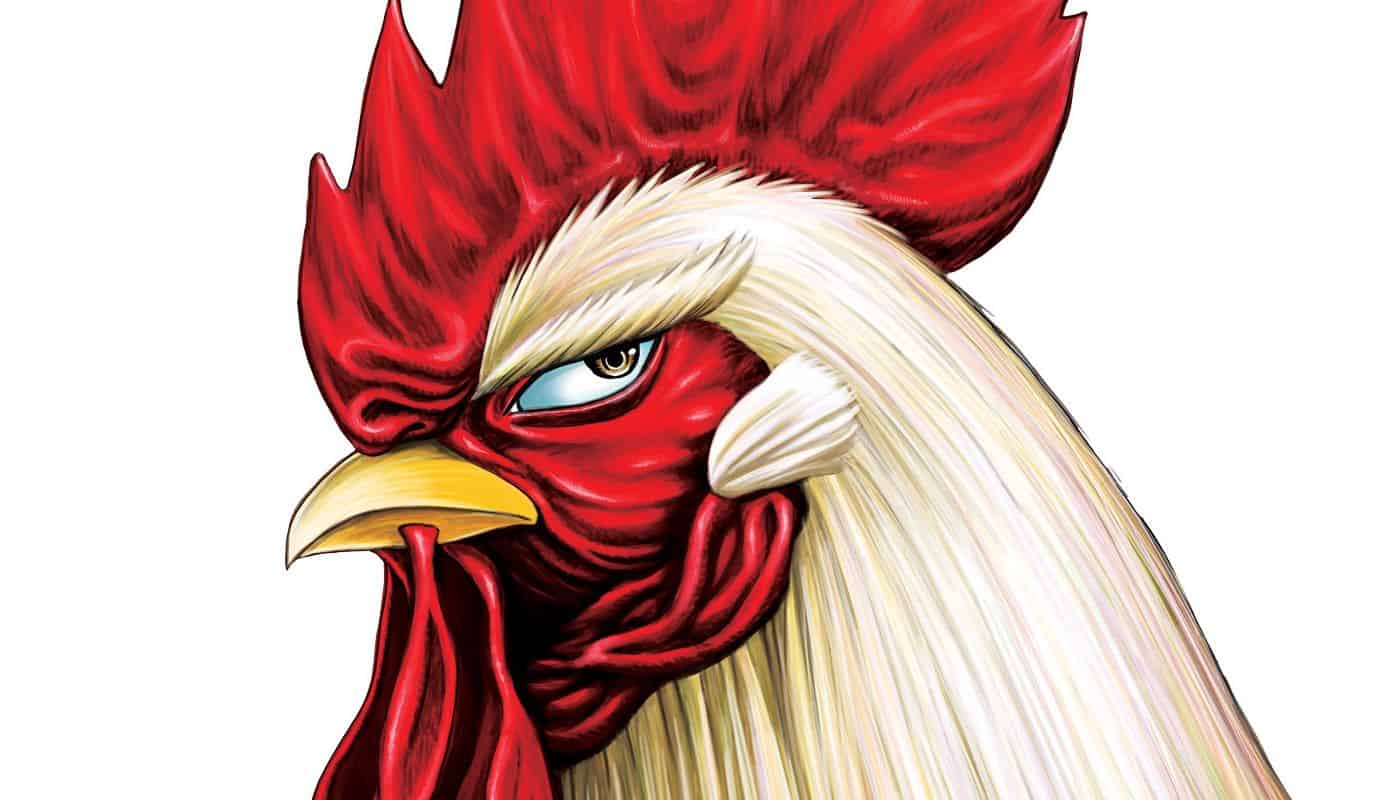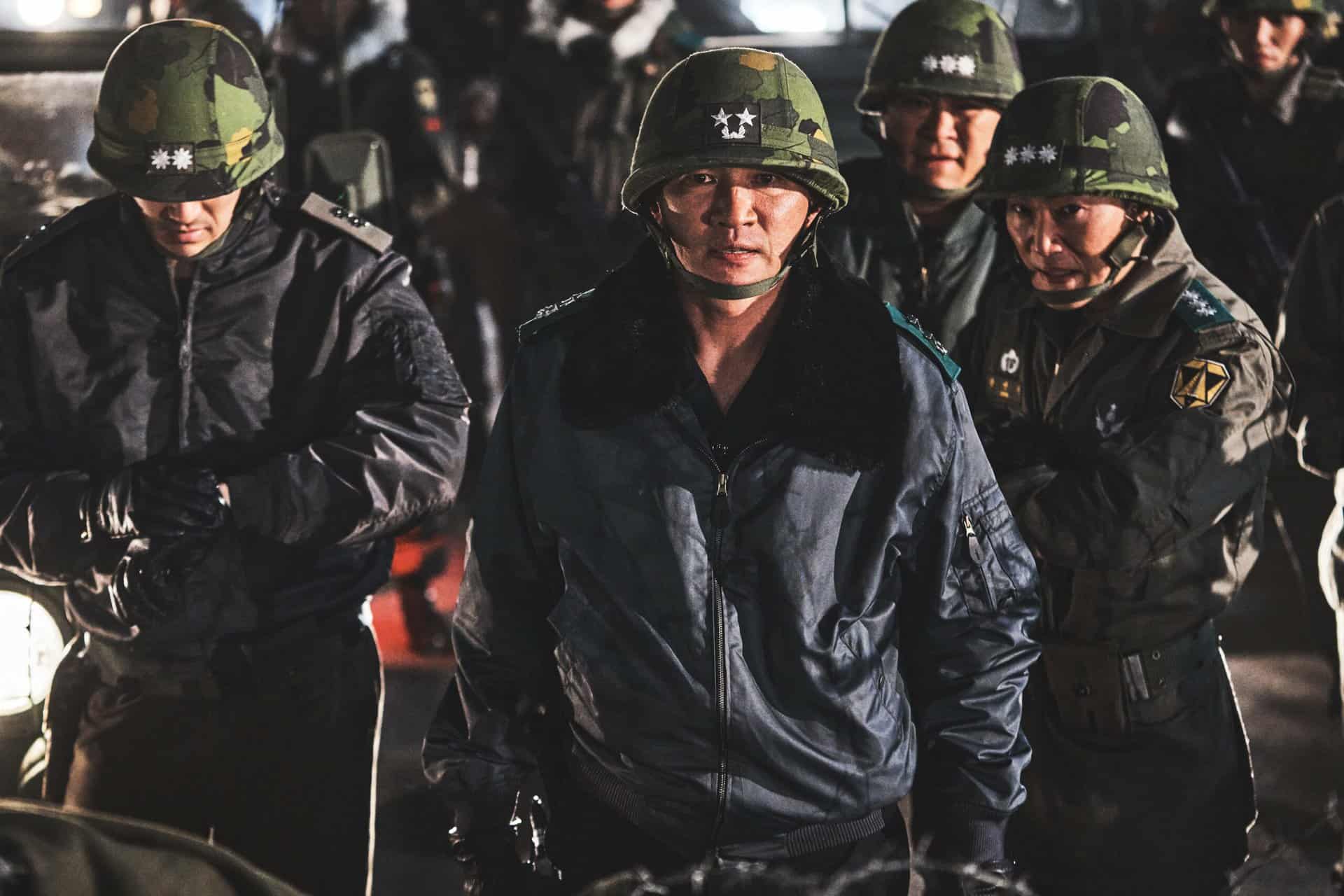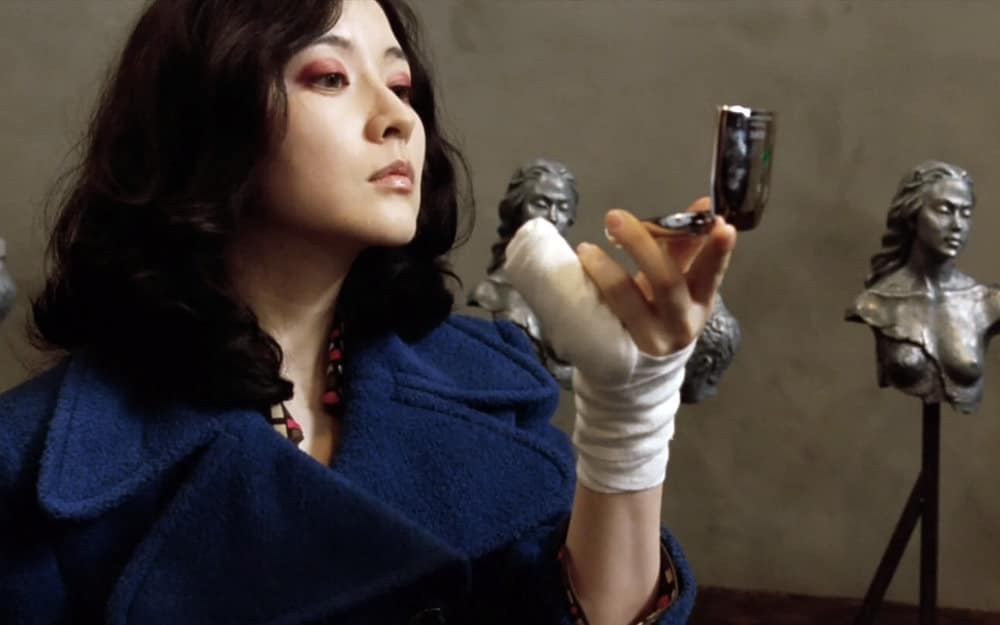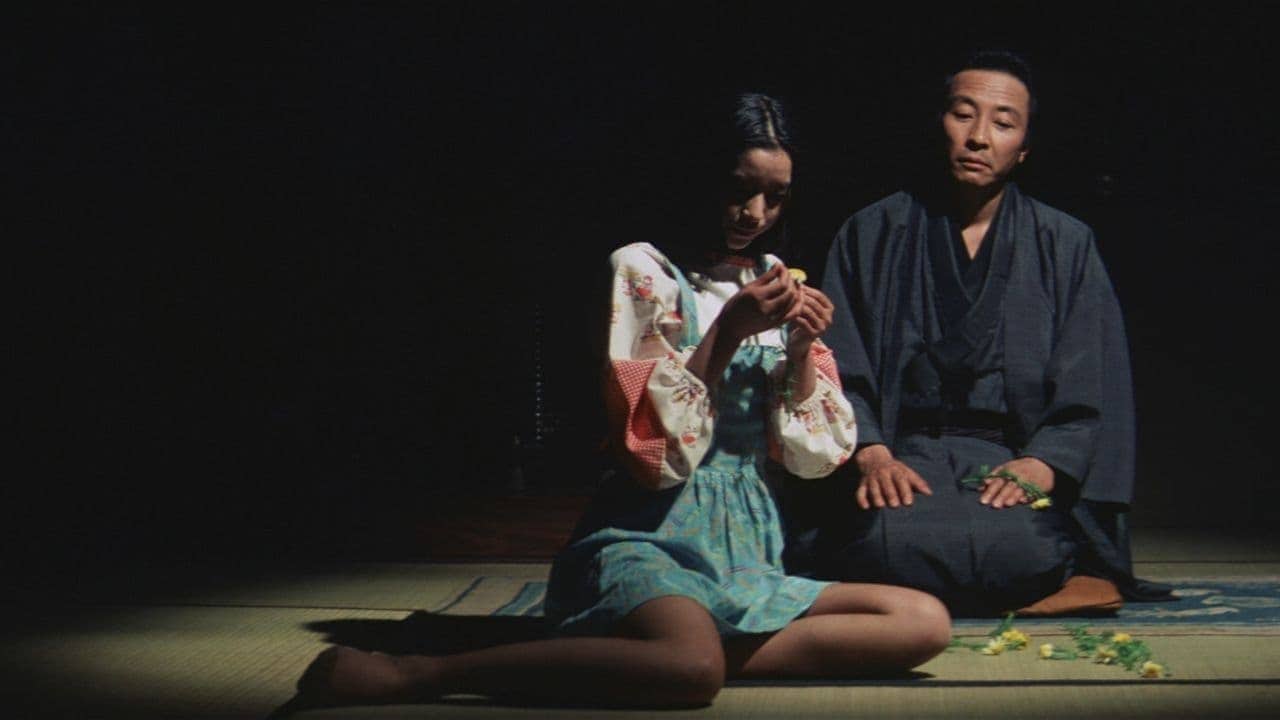Ricky Ko is a Hong Kong film director. “Time” (2021) is his directorial debut, with its premiere at Hong Kong International Film Festival. Before this, he worked as an assistant on a number of films, including Herman Yau's “Ip Man: The Final Fight” (2013).
On the occasion of his film screening at International Film Festival Rotterdam, we speak with him about the cast of veterans he had for the movie, the impressive intro of the movie, friendship, shooting movies for the audience, Hong Kong cinema and other topics.
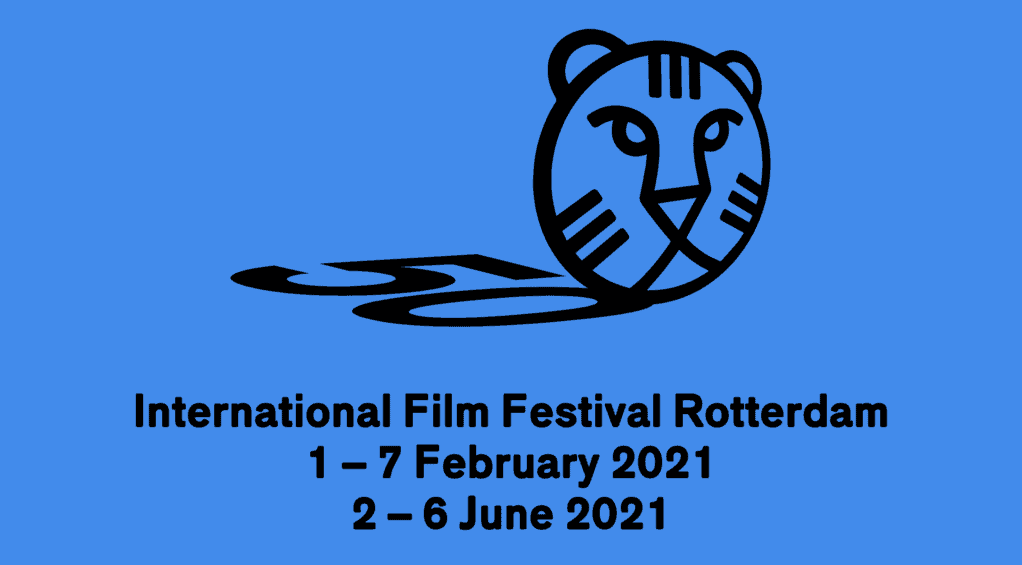
How do feel that you have completed your first feature film?
It is a very nice sentiment. I have been working in the film industry for more than 20 years, and finally I managed to become a director. I feel really happy.
How was the transition, from an assistant to the main director?
It was really smooth actually, I did not have any particular shooting with the movie, both actors and crew were great to work with.
Can you tell us a bit about the intro scene of the movie? It is quite different from the rest of the film?
From the beginning, we agreed with the producer and the script writer that we would like to have a 60s of 70s feeling for the past arc, kind of like a comic book story set in Hong Kong.
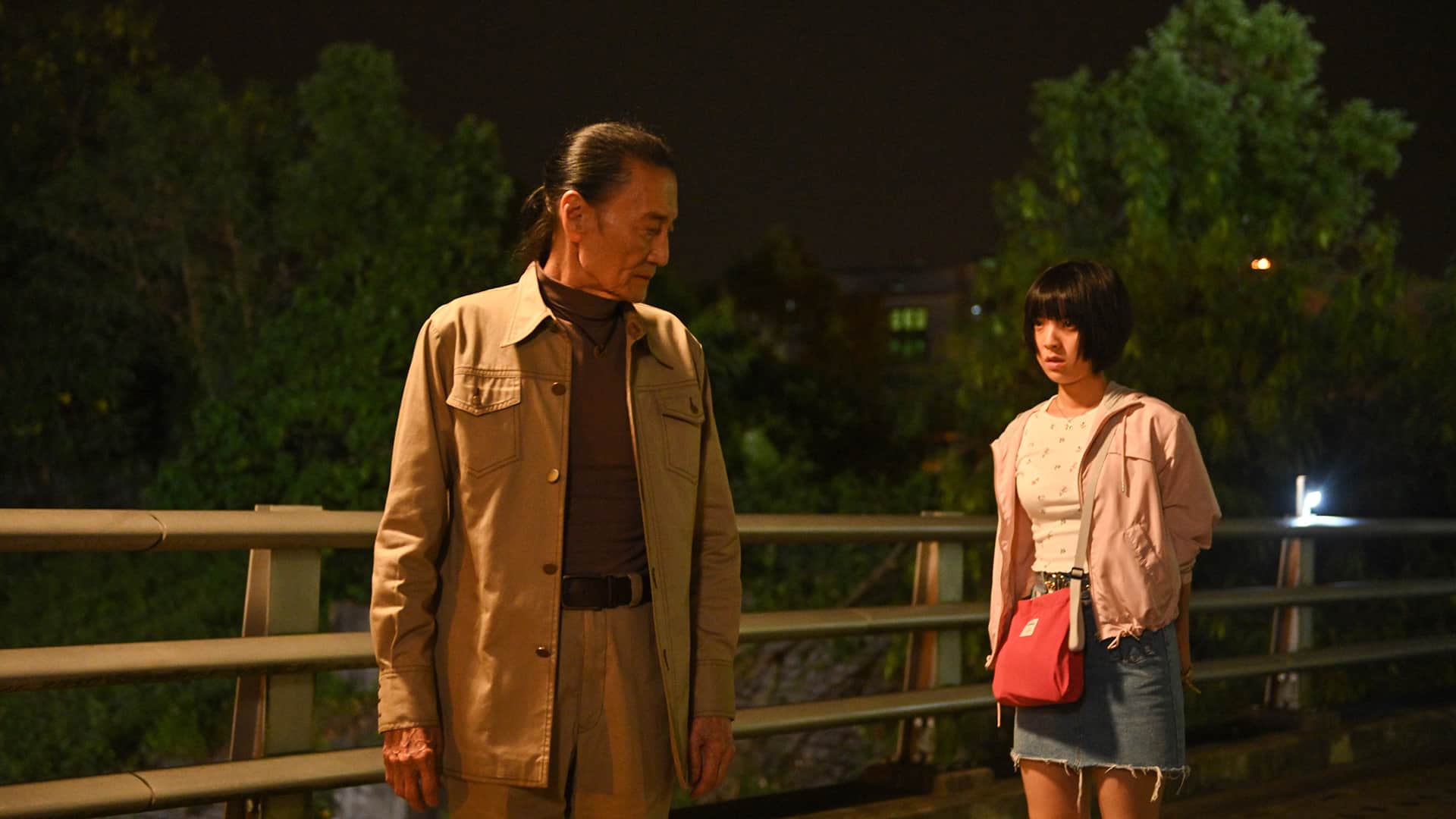
So, do you like those martial arts films of the time, the Shaw Brothers ones, for example?
Yes, very much. I watched them a lot as a young boy.
How did you end up directing this film? What did you like the most about it?
First, the producer invited me to participate in this project and showed me the script. When I read it, I liked it very much because it deals with social issues, particularly the ones old people face and how they survive nowadays. Also, I feel that these issues are not exclusively for Hong Kong, they are actually happening all over the world, and I also appreciated this approach.
Do you think that the whole story of the film mirrors Hong Kong cinema in a way, as much as the specific actors' story, who used to be big stars but now not that much?
Yes, indeed, but at the same time, regarding the veteran actors in the film, people still consider them as very good actors and are still popular?
How was the casting like for the film? Was it difficult bringing all those actors together? And how about Sam Lee?
When I read the script, we had already decided on the specific actors because we really wanted Patrick Tse and Petrina Fung for the particular parts. Also because they had not worked together for more than 60 years, and we wanted to reunite them. Sam Lee is still very popular in Hong Kong and also a very funny guy. We decided to include him in the film as Mrs Fung's son who also makes some kind of drugs for the elderly, and he was very good.

How was your cooperation with them, Patrick Tse, Petrina Fung and Suet Lam?
They were born stars (laughter). It took a couple of days for them to “warm up” but after that, they were really into it and became very involved with the shooting. They are very experienced and very professional in the way they work.
Did they give you advice or have suggestions during the movie?
Yes, I am still a new director, and every day I would tell them what I wanted to do with each scene and my general ideas. After they heard me, they would give me advice or mention their ideas, so we mixed the two together to make the scene.
Was your approach different when cooperating with them and with Chung Suet-ying, who is much younger?
She is young but she has some experience in acting, so she would understand easily what I wanted from her. For the young actors in general, however, we needed to have a few more takes, in order to involve them more in the role.
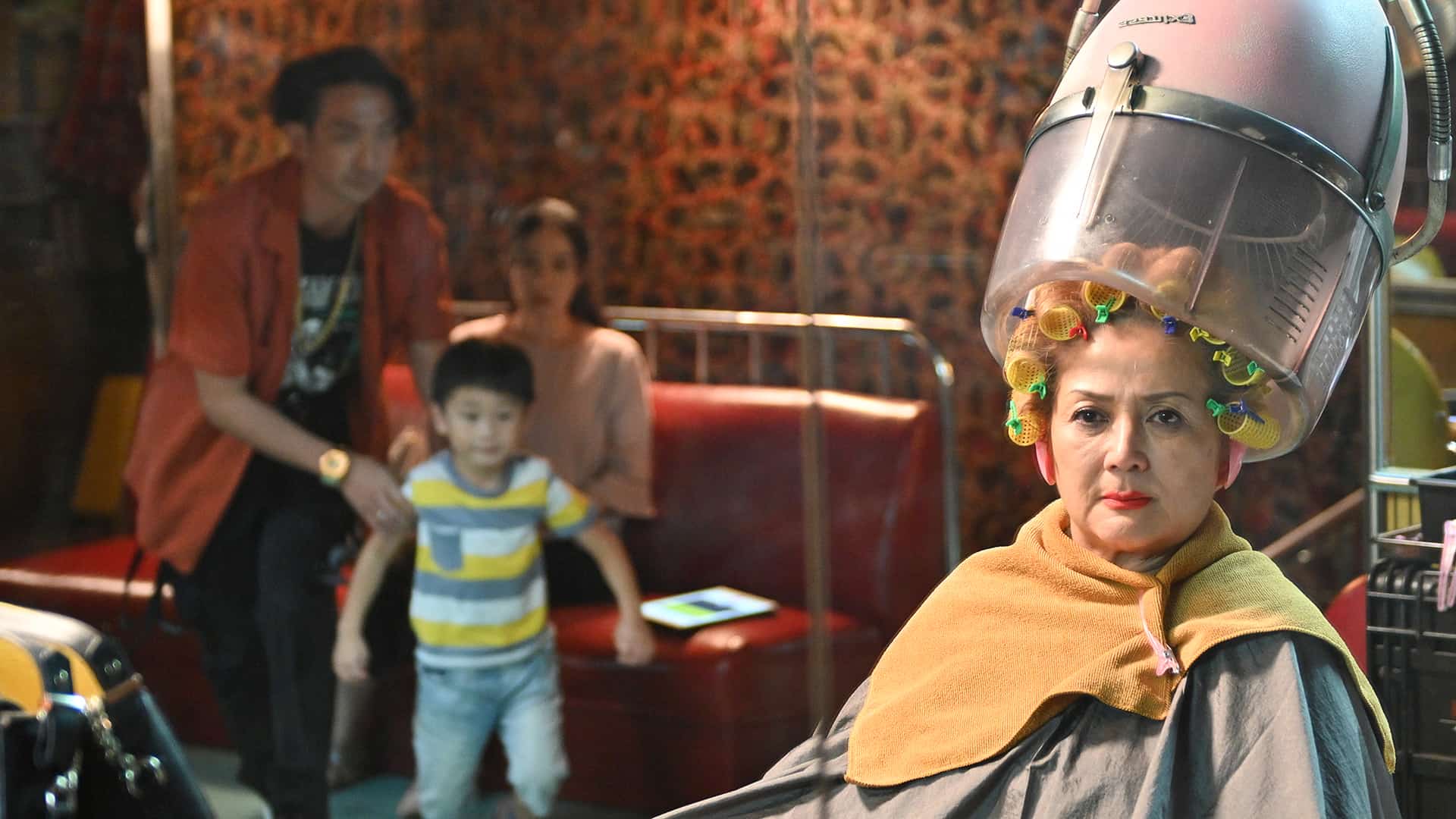
Friendship seems to be very important for the three protagonists, but that Chung goes to prison in the end, in the stead of Chau is the ultimate sacrifice. Why does he do that?
Because Chung is Chau's ‘little brother” and he wants for his mentor, his big brother, to have a good life. Also, because he is sick and poor, and in prison he will not have to pay for medicine, for rent or for food; he will not have to worry about those things any more (laughter). This is the reality for some Hong Kong people actually, a number of youths cannot even afford the cost of everyday life here, and they try to get arrested by the police, just because then, they will not have to worry about where to live and where to sleep.
The public health system in Hong Kong does not work very well then?
Not at all. Let's say someone has high blood pressure and wants to get to the hospital, he/she would have to queue up for a really long time in order to schedule an appointment. Sometimes, it can take up to five or six months to book one.
Tsz-ying wants to commit suicide, and that is why she hires Chau. Would you say that it is common for young people in Hong Kong to kill themselves, to the degree that this happens in Japan, for example?
No, it is not that common. There are very few incidents every year.
Where did the idea for a killer who is hired by elderly and sick people come from?
Some people in Hong Kong, when they are severely ill, they think in that way, that they want to kill themselves, they do not want to live anymore. So, we came up with the idea of having someone to make this wish true for them, to relieve them.
Can you give us some details about the way you shot the fight scenes, particularly the one where Chau is fighting all these young guys?
Regarding the fight scenes, I wanted to make them funny, this was the main goal. Also, I was very careful for the protagonists not to get injured.
How was your cooperation with cinematographers Ho Ching-yi and Lam Ka-tung? What was your general goal for the visual aspect of the film?
I always told my DP that I wanted to present on screen what the audience wants to see, this is my main goal. This extended to all aspects of the cinematography, for example the angle of the camera.
So, you are shooting movies for the audience?
Yes, I shoot movies for the audience, not for myself. I really care about what the audience wants.
Has the film screened in Hong Kong?
It will open July 15th
What is your opinion of Hong Kong cinema nowadays?
(sighs) It used to be very good, but not anymore. However, I think that a change is happening, maybe we do not produce that many titles per year, but the people who do shoot movies now, they do it from the heart. In the past, a lot of people shot movies for the money.
Are you working on anything new at the moment?
Yes, I am working on a new project, a production from Mainland China, an action movie. It is still in pre-production. We will start shooting in September probably


